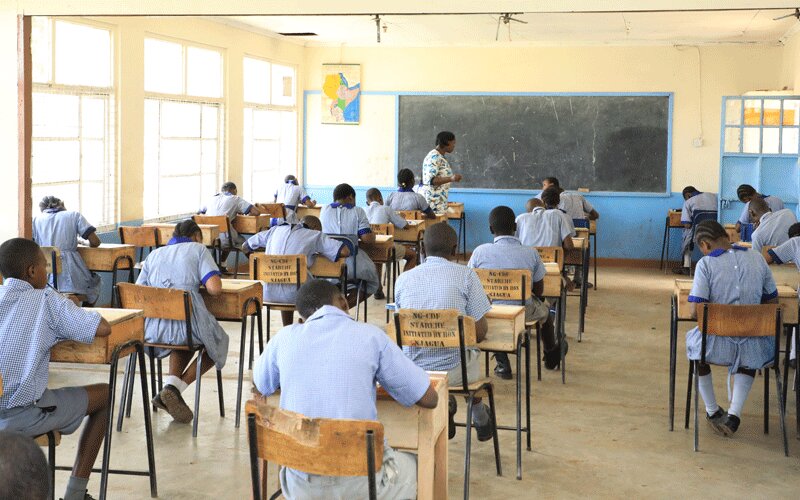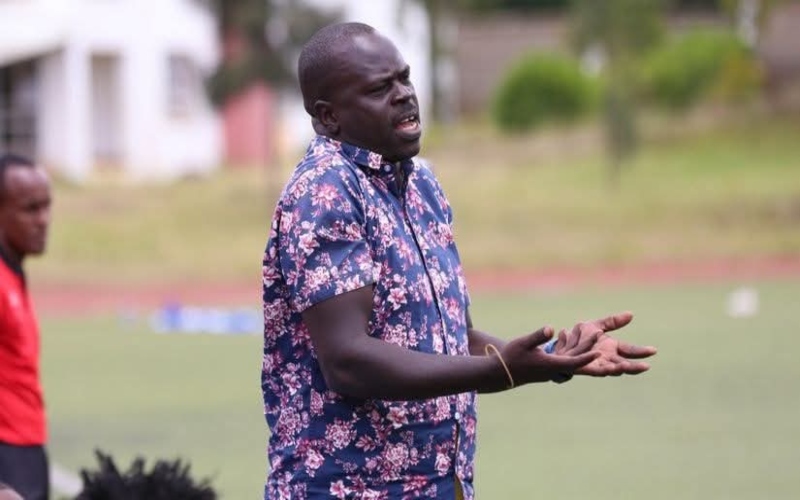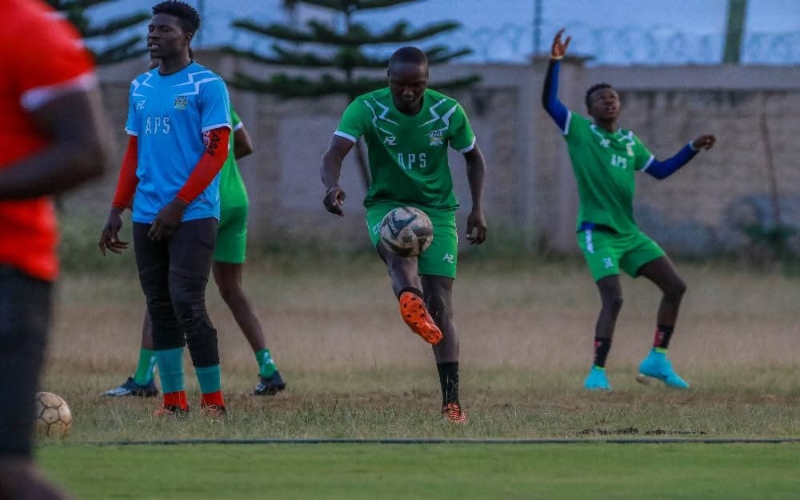New teaching model to aid teachers in CBC implementation

Teachers, since the onset of CBC, have voiced concerns over the limited in-service training.
Junior Secondary School (JSS) teachers are set to find implementing the Competency-Based Curriculum (CBC) more manageable after a new model aimed at enhancing its delivery was introduced.
The model, known as the Community of Practice (CoP), creates a structured environment where teachers can come together to share challenges, strategies, and insights related to curriculum delivery.
More To Read
- PS Bitok clarifies CBC grading system after concerns over KJSEA results
- Explainer: How KJSEA 2025 results determine senior school pathways
- TSC faces Sh5 billion shortfall as teacher promotions stall
- Government raises primary school capitation by 58 per cent to Sh2,238 per learner
- TSC extends junior school internship contracts by another year despite growing unrest
- SHA transition sparks tension as teachers cite lack of consultation, legal violations
Teachers, since the onset of CBC, have voiced concerns over the limited in-service training, which is essential for specialising learners' expectations.
Spearheaded by the Centre for Mathematics, Science, and Technology Education in Africa (CEMASTEA), CoP is seen as a key strategy for addressing previously identified gaps in the implementation of the CBC, such as inconsistencies in teaching methods and resource distribution.
According to the programme’s coordinator, George Kiruja, the model enables teachers to use locally available resources to impart knowledge to learners.
He highlighted that the model not only promotes peer learning but also encourages the exchange of best practices and collaborative problem-solving.
“The idea is to help teachers work as a community. By working in groups, teachers are better equipped to learn from each other’s experiences and collectively devise solutions that enhance educational outcomes. The model will enable teachers to study and develop curriculum plans together and through this, we are creating a more cohesive and inclusive educational framework," Kiruja said.
Kiruja was speaking in Kisumu during a training for county trainers for JSS teachers, drawn from 15 counties in Nyanza, the Western, and the North Rift regions.
He added that through its advocacy efforts, CEMASTEA aims to establish vibrant CoPs at all junior secondary schools across the country for improved learning outcomes.
“CBC emphasises learner-centred strategies. Therefore, we feel that when teachers work together, they are likely to gain from one another. That way, they feel more confident, and going forward, this is going to enhance the achievement of positive learning outcomes,” he said.
He emphasised that the model can be between teachers of the same school and teachers of the same learning areas from different schools in the same school or locality.
It also supports the use of digital platforms, allowing for both face-to-face and online interactions, which is particularly beneficial in reaching teachers in remote areas.
“We have developed a portal through which the teachers can share their challenges so that targeted trainings are carried out. This flexibility ensures that all teachers, regardless of their location, have access to the support and resources they need to effectively implement the CBC,” he said.
Additionally, the model is also effective between students of the same school, a neighbouring school, or students pursuing the same learning area so that they share their interests and learn from one another.
“If learners can work as a community given that they have the same expectations from the curriculum, then we expect them to not only pursue their interests but to excel as well. This will also help assist the learners in identifying their right pathways as they move to senior school,” he said.
Top Stories Today











































